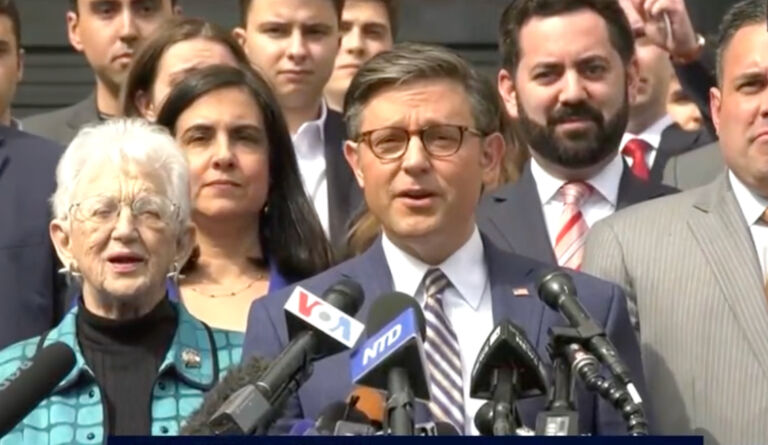Yesterday the US and 11 other Pacific rim countries announced agreement on the terms of a huge trade pact called the Trans-pacific Trade Partnership (TTP). Bernie Sanders immediately tweeted his opposition (“I will do all I can to defeat the TTP agreement”), perfectly illustrating a point that Walter Russell Read makes in a recent post at the American Interest blog:
Trade deals like TPP expose the contradictions at the heart of the modern American left. The unions and the left generally will denounce this deal, as they’ve denounced all trade deals for the last generation. They will say that the TPP is a cynical corporate giveaway that creates inequality by facilitating the outsourcing of American jobs. Obviously that rhetoric points to a real problem, and outsourcing, immigration, and automation are indeed eating away at the industrial working class in rich countries like the United States. But, globally, these trade agreements tend to reduce inequality between countries even if they and related developments can promote inequality within some countries. These deals allow desperately poor people in other countries to escape lives of rural poverty, tenant farming, or utter urban destitution for factory jobs. And however poorly paid these jobs may initially be, and however polluting and dangerous the factories may be, they do give the global poor a chance to get a foot on the bottom rung of the economic ladder….
The essence of the left is its claim to speak for poor people globally. A true global left movement might sacrifice the living standards of American car workers to help Bangladeshis get basic incomes just as easily as the global green movement would be willing to slash living standards in first world countries in order to allow poor people in the developing world to get ahead.
However, this kind of consistent left-wing position, one that prioritizes the needs of poor people overseas to those of the American middle class, is political rat poison in the U.S. And there’s the bind. We will see a lot of rhetorical dodges and fancy footwork, but there is nothing less cosmopolitan and universal than industrial protectionism. Even a flawed trade agreement that helps workers in countries like Vietnam deserves the support of people who seriously care about the global poor.


